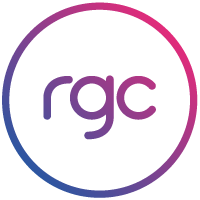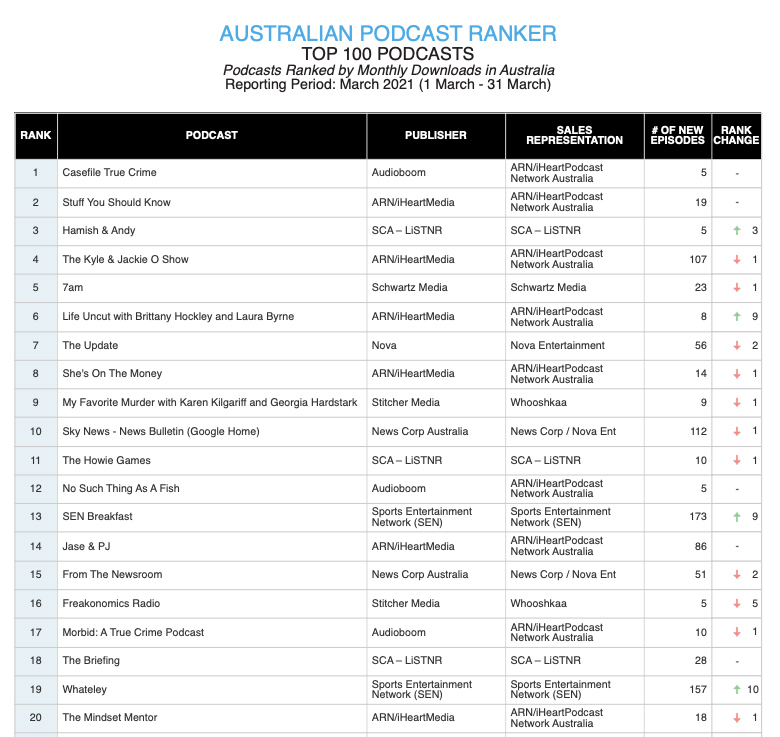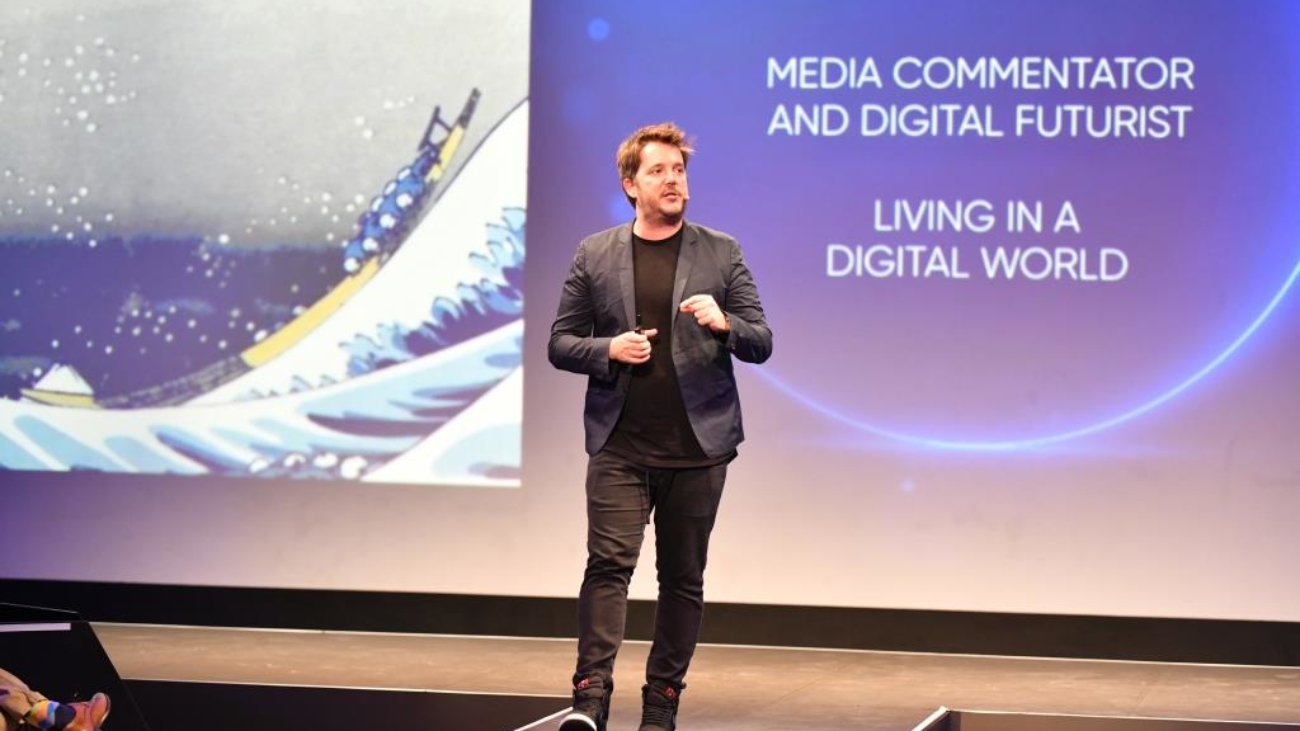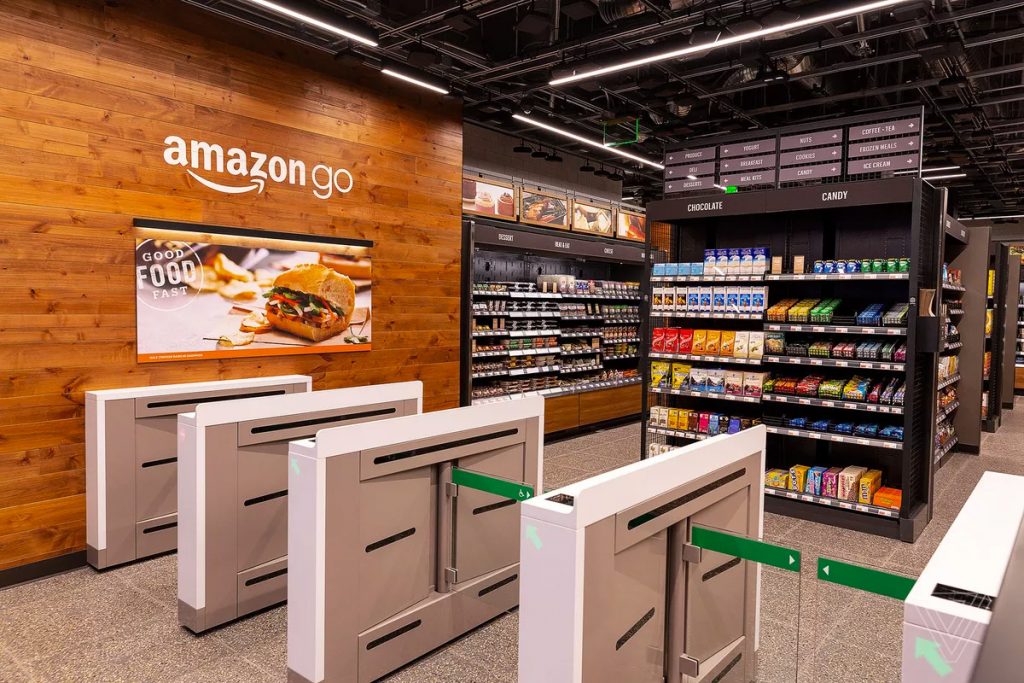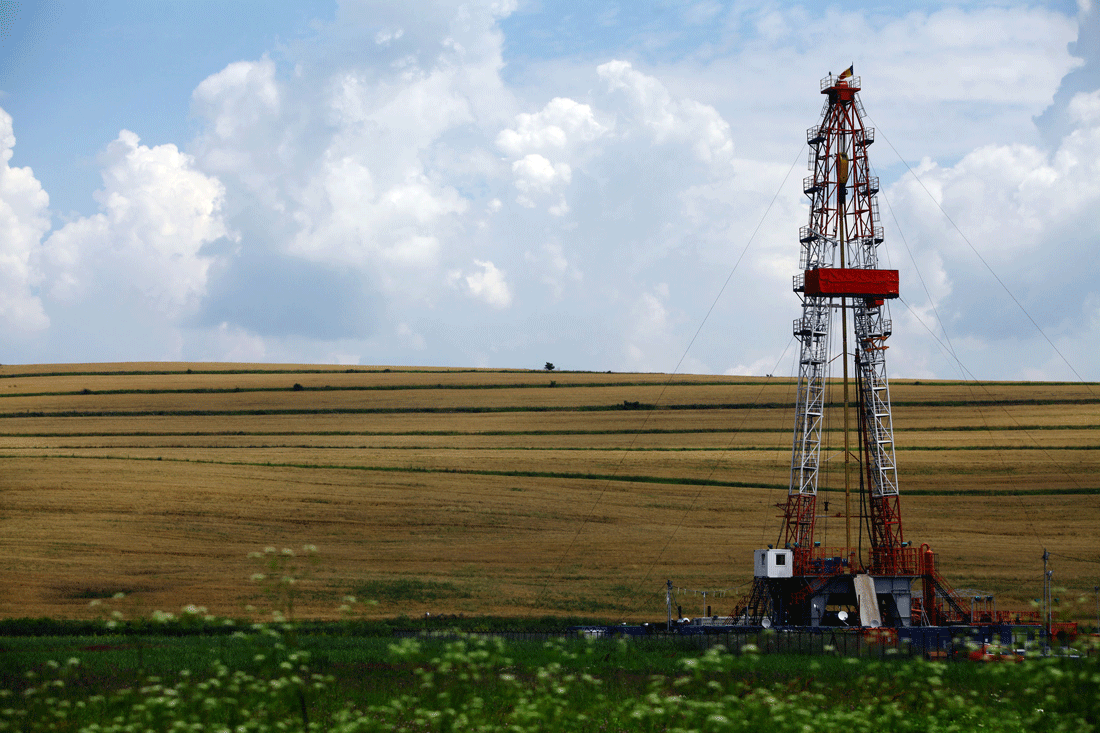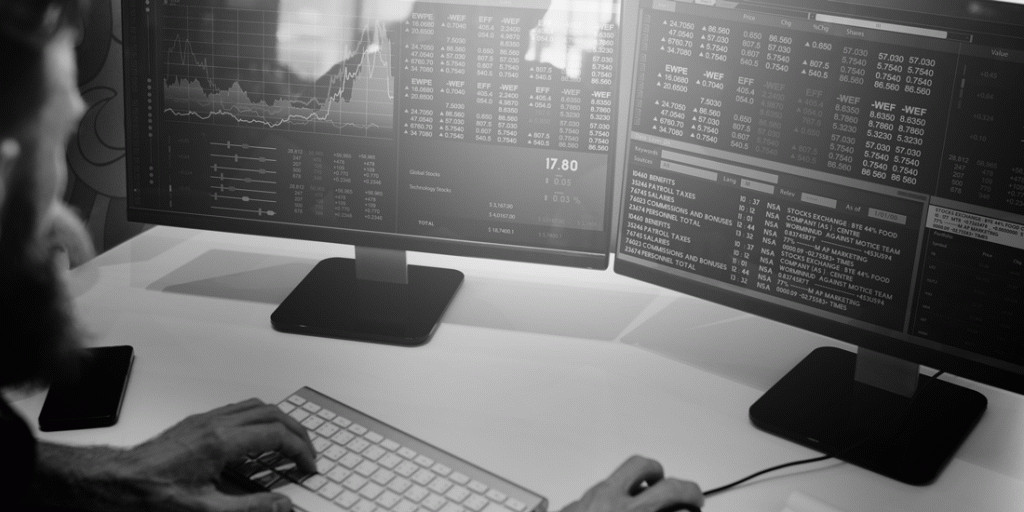An important consideration in building your brand is to engage with your audience in varied and creative ways. These days, your brand persona is needed to be replicated across multiple mediums and not just in static formats. Your customers are looking to engage with you in different ways than in the past.
With the power of audio and video, connecting with customers and a broad audience in an informative and intimate manner is possible on a regular basis, inexpensively and from the comfort of your own office or home.
Webcasting has accelerated over the past 12 months with the interruption brought on by the pandemic. With it not being possible to be physically present in many instances, webcasting has proliferated, offering an opportunity for brands to engage with their audience from a digital perspective.
Services such as Zoom, Google Meet, and Teams have proliferated, not just as a means of hosting internal meetings, but as a way of presenting information and insights to audiences.
Webcasting has proven popular with event organisers to live stream events, where the audience can be opened up to many more people than can likely attend in person, and at a greatly reduced cost.
This type of rich content can be used to build loyalty between a brand and its customers. The ability for interaction is also very important, with viewers able to interact during the webcast and also via social media platforms.
The Power of Audio
With low production costs and few barriers to entry, podcasting as a medium is available to nearly everyone. The popularity of portable music players and smartphones has only made accessibility to podcasts easier.
Audio is still a very powerful medium, and smart brands are using it in creative ways as a powerful marketing tool. It is also a good alternative to video. Not everyone is comfortable using video, so an audio recording can be a viable alternative. People often listen to podcasts because they have an affinity to the speaker and are willing through subscribing to receive regular episodes.
Leading Australian podcaster, Mamamia, has recently launched its latest bespoke podcast series in partnership with Westpac to help women navigate the financial side of everyday life.
‘What The Finance’ is an eight-episode podcast co-hosted by ex-accountant and financial educator, Melissa Browne, and actress, author and advocate Pallavi Sharda. From Savings and Debt to Housing, Investing and Relationships, the series will assist young women looking to make more informed decisions about their finances.
There is easy to use software to help you record, create and host your podcast and will help you distribute it to multiple podcast platforms.
RGC’s Fixed Income News publishing platform has used Anchor to host its new podcast series, Fixated, which has provided access to other popular hosting services such as Google Podcasts.
RGC Media & Marketing has its own digital studio available for Podcast and Webcast recording. If you would like to talk to us about how these opportunities can help reach new audiences please contact us on 1300 854 502 or info@rgcmm.com.au
Australian Podcast Rankings
Australian podcast downloads hit 50 million in March, up from 43 million the previous month according to Triton Digital’s Podcast Ranker.
The Ranker provides insight into the Top 100 Podcasts in Australia as well as the Top 10 Publishers in Australia for March 2021, as measured by Triton’s Podcast Metrics measurement service.
Casefile True Crime remains ranked in the top spot, cementing the popularity of the true crime format.
Here is the Top 20 – for the full list visit Triton Digital’s Podcast Ranker.
